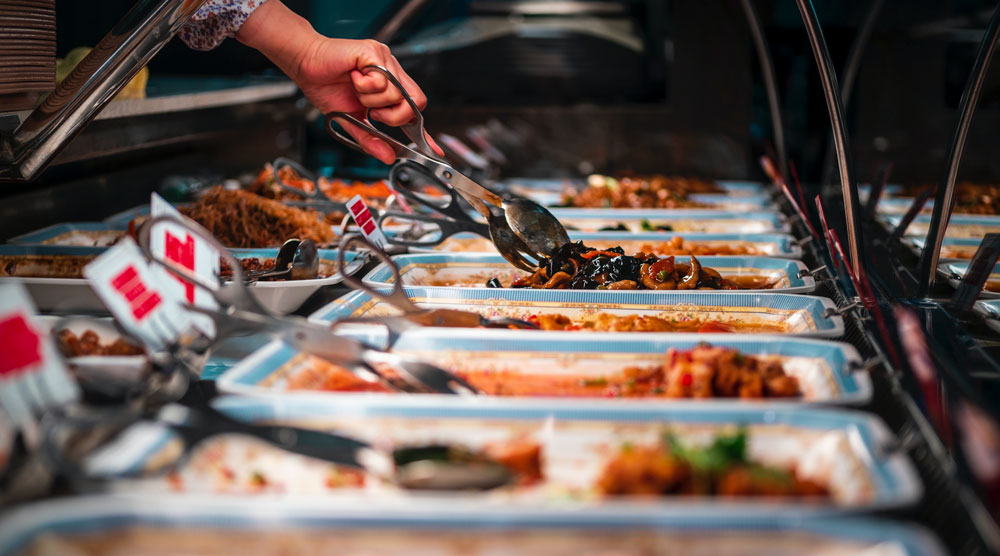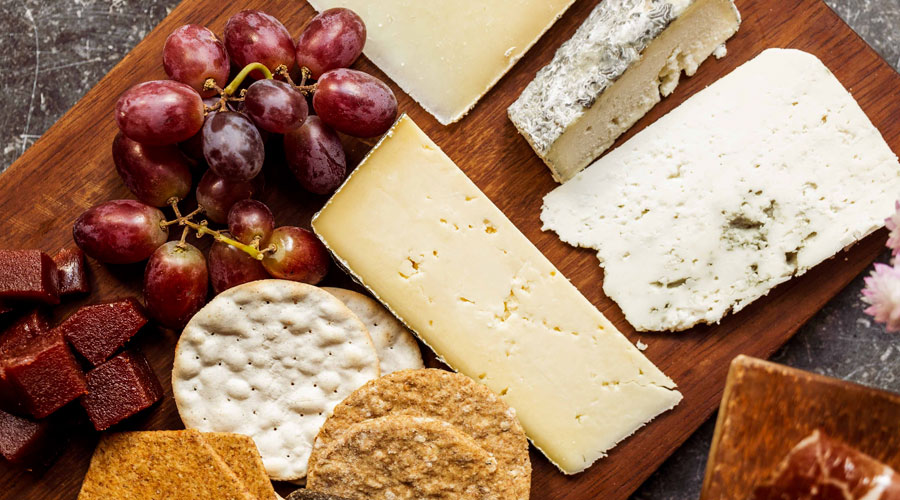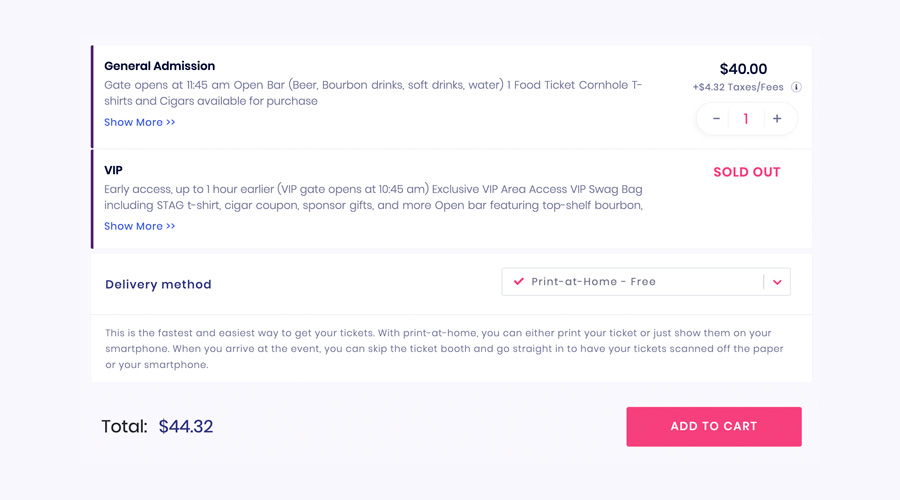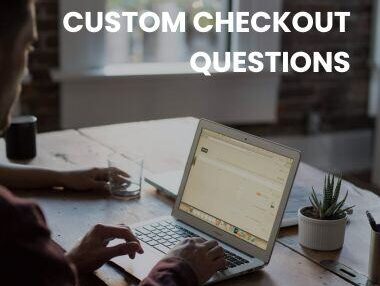The Benefits of Hosting a Luncheon and How to Plan One
A luncheon is a mid-day meal that is typically hosted for business or social purposes. It can be a formal or informal event, depending on the occasion and the host's preferences. In the event industry, luncheons are popular for networking events, fundraisers, corporate events, bridal showers, and baby showers.
Why Host a Luncheon?
Luncheons offer several benefits to hosts and attendees.
- They provide a great opportunity to connect with others in a more intimate setting than a large conference or gala. Attendees can chat with each other over a meal and build valuable relationships.
- Luncheons are often less expensive than other types of events, such as galas or conferences. Hosts can save money on food and beverage costs by hosting the event during the day instead of at night.
- Luncheons can be a great way to raise money for a cause. Many nonprofits host luncheons as fundraisers, with proceeds going to a specific program or initiative.
Different Event Ideas for a Luncheon
There are many different types of events you can host at a luncheon. Here are some ideas to consider:
-
Networking Luncheon: Host a networking event where attendees can connect with other professionals in their field. Consider inviting a keynote speaker to share insights and tips.
-
Fundraising Luncheon: Host a luncheon to raise money for a specific cause or program. Sell tickets to the event and include a silent auction or raffle to raise additional funds.
-
Corporate Luncheon: Host a luncheon to celebrate a company milestone or to recognize employee achievements. Include a keynote speaker, awards ceremony, or team-building activity.
-
Bridal or Baby Shower Luncheon: Host a luncheon to celebrate the upcoming arrival of a new baby or to honor the bride-to-be. Consider including fun games and activities to keep guests entertained.

Food and Drink Ideas for a Luncheon
When planning a luncheon, it's important to consider the food and drink options. Here are some ideas to consider:
-
Buffet: A buffet-style lunch allows guests to serve themselves and choose from a variety of options. This is a great option for larger events.
-
Plated Meal: A plated meal is a more formal option where guests choose from a pre-selected menu.
-
Boxed Lunches: Boxed lunches are a convenient option for events where guests need to take their meal with them, such as a conference or seminar.
-
Dessert Bar: Offer a variety of desserts for guests to choose from. This is a great option for a bridal or baby shower.
-
Signature Drink: Offer a signature cocktail or mocktail to add a special touch to the event.
Revenue Ideas for a Luncheon
There are several ways to generate revenue from a luncheon. Here are some ideas to consider:
-
Ticket Sales: Sell tickets to the event, with proceeds going to a specific cause or program.
-
Silent Auction: Include a silent auction at the event, with proceeds going to the same cause or program.
-
Raffle: Sell raffle tickets for a chance to win a prize, with proceeds going to the same cause or program.
-
Merchandise Sales: Sell merchandise related to the event or cause, such as t-shirts or tote bags.
Different Ticket Tier Ideas for a Luncheon
When selling tickets to a luncheon, it's a good idea to offer different ticket tiers to appeal to a variety of budgets. Here are some ideas to consider:
-
General Admission: This is the standard ticket option, which includes admission to the event and lunch.
-
VIP Admission: Offer a VIP ticket option, which includes additional perks such as early entry, a special seating area, gift bags, coupons, etc.
-
Table Sponsorship: Have someone sponsor a table or component of the event and sell sponsorship tickets. These tickets can come with perks such as free advertisements on the table, logos, material hand-outs, etc.

Promote Your Luncheon
Once all the details of your luncheon have been confirmed, it's time to promote your event. Use social media platforms, email lists, and newsletters to get the word out to your target audience. Make sure you highlight the theme of the event, the guest speakers or performers, the menu, and any other unique features of the event.
Consider offering early bird ticket prices or discounts for group purchases to incentivize people to buy their tickets early. Partner with other organizations or influencers to help spread the word and expand your reach.
On the day of your luncheon, make sure you have a clear plan in place to manage logistics such as registration, seating arrangements, and audiovisual equipment. Have a team of volunteers or staff members available to help greet guests, manage the flow of the event, and handle any last-minute issues that may arise.
Make sure you have enough food and drink available for all attendees, including any dietary restrictions or preferences. Consider offering take-home treats or swag bags as a way to thank guests for attending and to promote your brand or organization.
Post-Event Follow-Up
After the event, be sure to follow up with attendees and sponsors to thank them for their support and to gather feedback on the event. Use this feedback to improve future events and to help build long-lasting relationships with attendees and sponsors.
Consider sharing photos or videos from the event on social media or your website to help promote your brand and to showcase the success of your luncheon.
Conclusion
A luncheon can be a great way to bring people together for a shared experience, whether it's to network, learn, or celebrate. With careful planning and attention to detail, you can create a memorable event that attendees will be talking about for years to come.
Remember to define your goals and objectives, choose a theme, select a venue and menu, invite guest speakers or performers, promote your event, and manage logistics on the day of the event. And don't forget to follow up with attendees and sponsors after the event to build lasting relationships and gather feedback for future events.
Hosting a successful luncheon takes time, effort, and attention to detail, but with the right planning and execution, it can be a valuable addition to your event portfolio.






